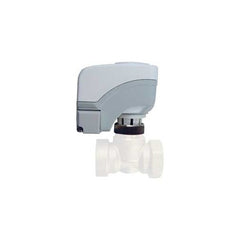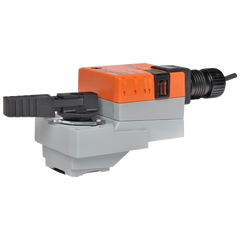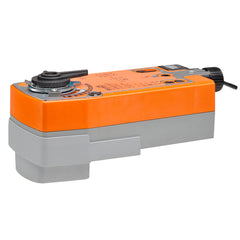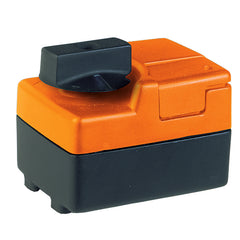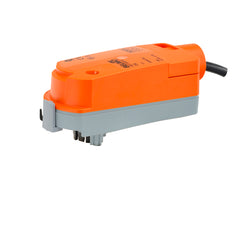valve actuators
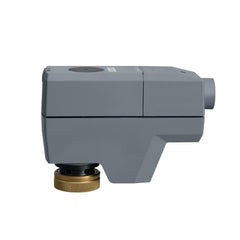
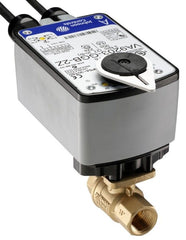
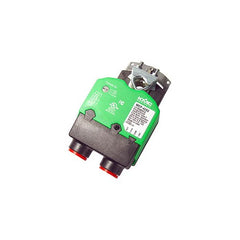
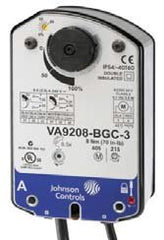
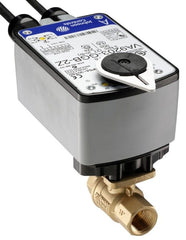
![Neptronic VM060-500 V Linear Actuators | 27 lbf | 24V | Modulating | Electronic Fail Safe | [BBVM060-500] | Midwest Supply Us](http://midwestsupplyus.com/cdn/shop/files/actuators-xlinear-banner_e2c82400-1bd0-4720-8cd9-712131736c08_medium.jpg?v=1752592078)
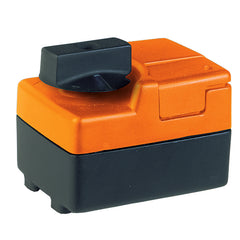
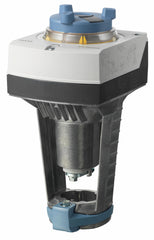
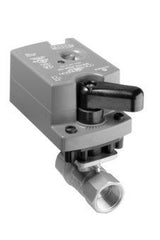
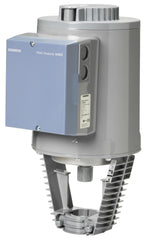
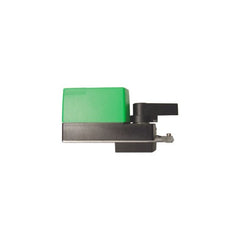
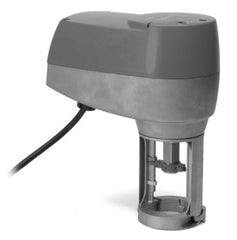
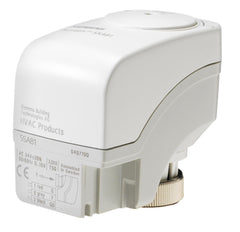
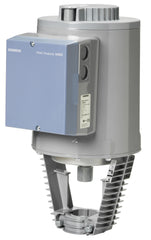
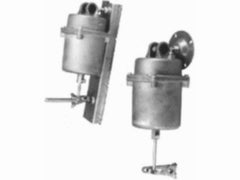
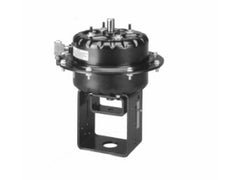

A valve actuator is a device that "actuates" or moves a valve open or closed. It is attached to and works in conjunction with two parts: the valve body and the valve pilot.
Valve actuators are used in power plants, refineries, and water and wastewater treatment plants, among other places, to guide and control the flow of fluids through pipelines. In industrial plants, actuators control valves, fluid couplings, dampers, and other processes.
Heavy-duty actuators can be powered by air, hydraulic fluid, or electricity. Then there are also HVAC valve actuators available in various sizes, torque ratings, and input signals. Midwest Supply's comprehensive range has been perfectly selected for superior performance.
What Is the Difference Between Spring and Non-spring Return Actuators?
Spring return actuators (called single actuators) generate power through spring force. Pushing or pulling the piston is accomplished by dispersing air or liquid in one direction. This action controls whether the valves open or close.
Non-spring return valves require pressure to open or close. If there is no pneumatic pressure, the valve remains in the last position selected. These valves require pressure in one direction and a release of tension in the other direction to work.
What Are Electronic Fail-Safe Actuators?
A fail-safe actuator stores energy to move to a predetermined 'safe' position when there is a power outage. During power outages, valve actuators can become stuck in the operating position (like mid-stroke), leading to equipment damage, accidents, or unsafe conditions, which fail-safe actuators guard against.
At Midwest Supply, we have the application experience and customization capabilities to find the optimum actuator solution for the toughest flow-control automation challenges. Don't hesitate to reach out if you need assistance selecting the best option for your business.
Recently Viewed
Popular Products
View all →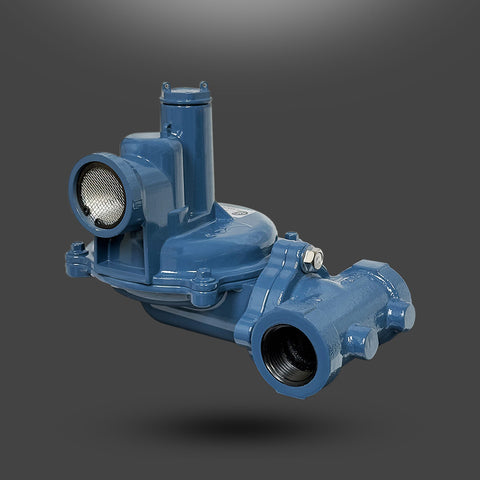
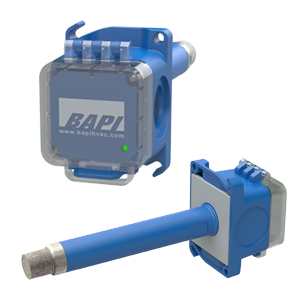
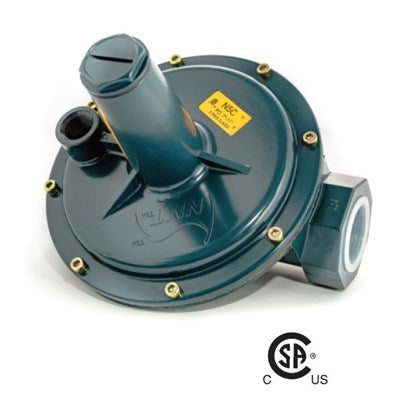
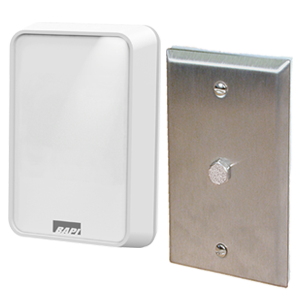
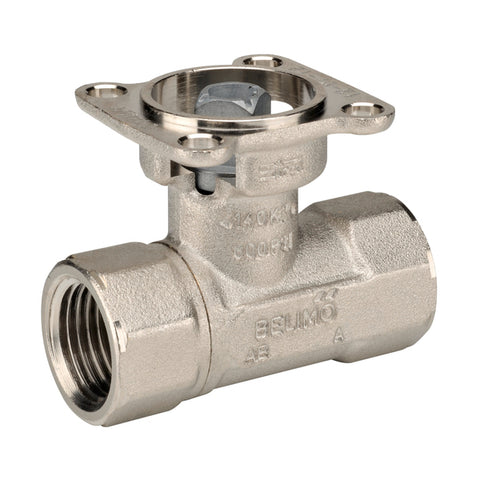
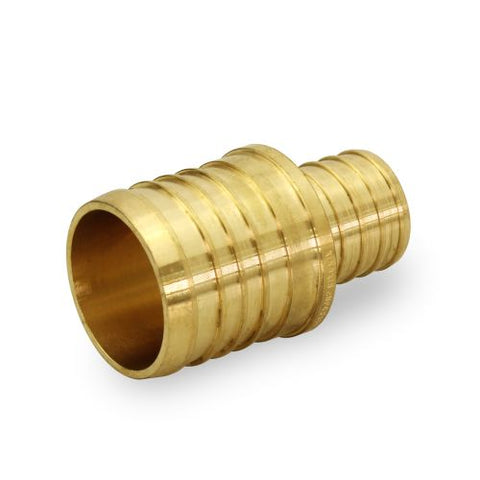




![Neptronic MM000 A & M Linear Actuators | 1500 lbf | 24V | ON/OFF | Floating | Modulating | [BBMM000] | Midwest Supply Us](http://midwestsupplyus.com/cdn/shop/files/AM_linear_actuators_20479b5f-9987-4dd9-881e-c61e099de810_medium.png?v=1758300898)
![Neptronic AM060 A & M Linear Actuators | 100 lbf | 24V | ON/OFF | Floating | Modulating | Electronic Fail Safe | [BBAM060] | Midwest Supply Us](http://midwestsupplyus.com/cdn/shop/files/AM_linear_actuators_1742cc06-0326-43ef-b895-c95e91551c99_medium.png?v=1757952852)
